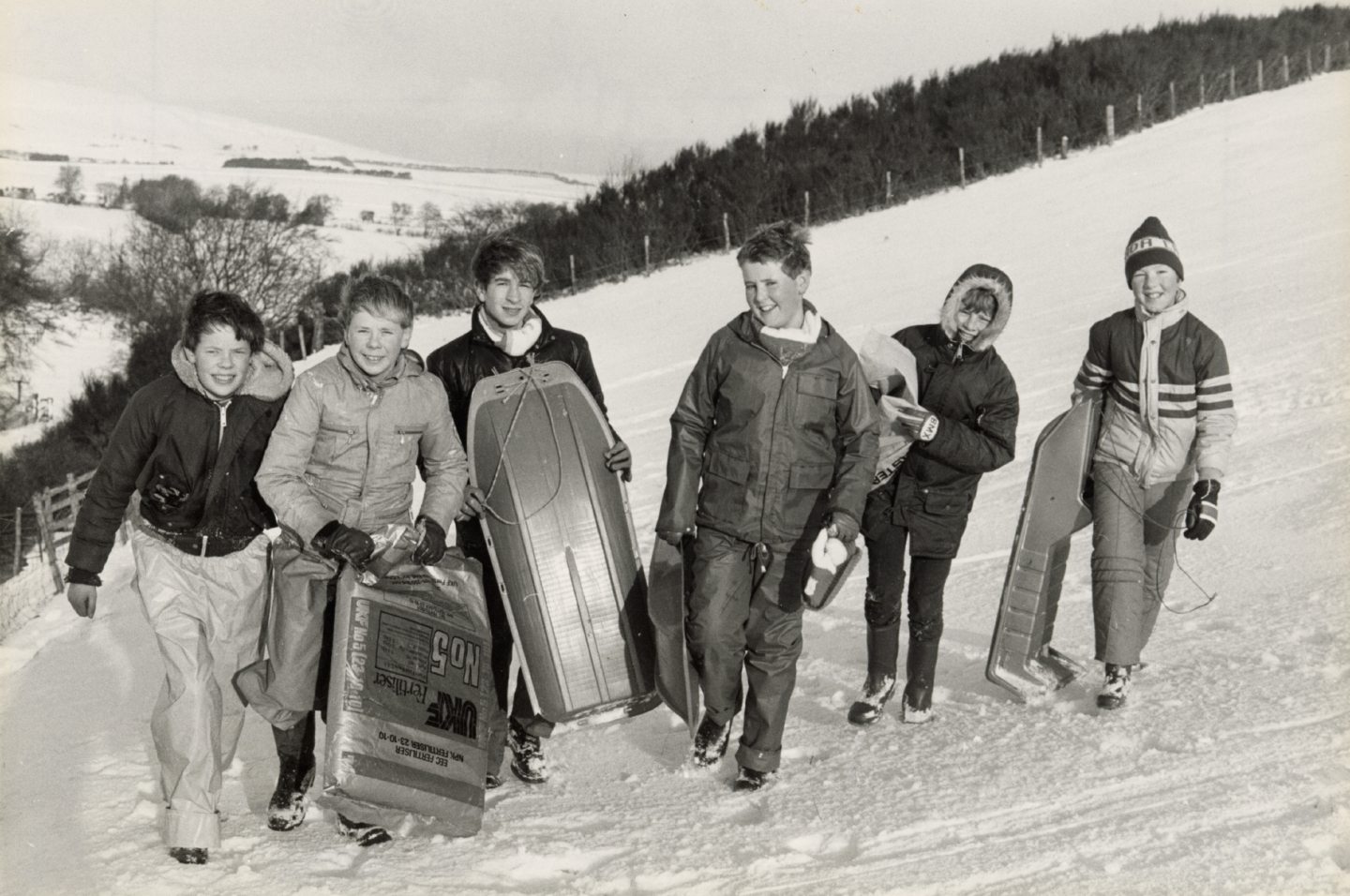Eat eggs for breakfast and five other ways to combat a night without sleep
Starting the day with bleary eyes and a foggy head? Here’s how to boost your recovery

Even if you have the comfiest pillows, a firm mattress and blackout blinds, sometimes there’s no preventing a bad night’s sleep. When you roll out of bed the following morning, with bleary eyes and a foggy head, know that you’re not alone.
Three-quarters of us wake up feeling that we’ve not had an adequate rest, according to Holland and Barrett data. Polls also show that a fifth of us routinely get less than six hours of sleep per night, which experts widely agree is too little.
But a poor night’s sleep does more than leave us yawning through the day, notes Dr Ivana Rosenzweig, a sleep physician and consultant neuropsychiatrist at Guy’s and St Thomas Hospital. “It alters the entire way we relate to the world, to others, to tasks, even to ourselves.”
“This lack of sleep will have an impact on your performance (physical and mental), behaviour, safety and wellbeing on the subsequent day,” adds Dr Victoria Revell, an associate professor of translational sleep and circadian physiology at the Surrey Sleep Research Centre, which is part of the University of Surrey.
Here’s exactly what happens to your body when you don’t get enough sleepand, vitally, everything you should do, step by step, to set yourself up for the day when you feel knackered.
How too little sleep affects the body
“After even a single night of inadequate sleep, we typically experience slowed thinking, a fogging of attention and difficulties with memory and emotional control,” explains Dr Rosenzweig, who is also the head of the Sleep and Brain Plasticity Centre at King’s College London. While these side effects are obvious ones, there are also subtle shifts in how our brain works when we’re tired.
Research, including from Dr Rosenzweig and her team, has shown that sleep deprivation makes us more prone to interpret social interactions more negatively than we otherwise would, while we also become less generous and socially warm.
Sleep loss also disrupts the parts of our brain that govern judgement, empathy and self-regulation, as well as reasoning and restraint, she says. “The result is a kind of narrowing of perspective: the world may feel more threatening, more demanding, less manageable,” she says.
Beyond the brain, insufficient sleep affects our hormones, immune function and inflammation levels, Dr Rosenzweig notes. It increases cortisol (one of the major stress hormones), impairs blood sugar regulation and alters how we respond to pain.
“None of this is dramatic in isolation, but the cumulative effect is one of diminished resilience and a sense of being out of sync with ourselves and others,” she adds.
What to do when you’ve had no sleep
1. Exercise outdoors first thing
“Although we cannot fully undo the neurobiological effects of lost sleep in a day, we can meaningfully support recovery, not by overcompensating, but by engaging the body’s natural pathways for rebalancing,” Dr Rosenzweig says.
One way to do this is to go for a short, gentle walk outside within 90 minutes of waking up, as morning light is one of the most powerful regulators of our circadian rhythm (the body’s 24-hour clock that regulates sleep and wakefulness), she notes.
Getting outside will help suppress residual melatonin (which makes us feel sleepy) and boost serotonin (which promotes wakefulness), lifting both mood and cognitive clarity, Dr Rosenzweig says. “Gentle movement further stimulates key neuromodulators that promote alertness and concentration,” she adds.
Staying in a bright environment throughout the day will help with staying awake and increase our level of alertness, improve our mood and help us work better, Dr Revell says. This could be by going outside for a walk at lunchtime, sitting next to large windows and using overhead lighting, she adds.
2. Have a well-timed coffee
“Caffeine, used thoughtfully, can temporarily counteract the sleep pressure caused by rising adenosine levels in the brain,” says Dr Rosenzweig.
Adenosine is a neurotransmitter created in the brain which causes drowsiness. Levels rise over the course of the day and signal to the body when it is time to sleep. It is then cleared from the brain during sleep. But, when we’ve not slept well, it hangs around.
Caffeine can help by, first by blocking adenosine, then by stimulating the brain, ultimately reducing feelings of sleepiness after a restless night.
“The key is timing: mid-morning (between 9:30 and 11:30 am) is optimal for most individuals, avoiding interference with the following night’s sleep,” Dr Rosenzweig says.
“Ideally you should avoid caffeine from early afternoon onwards,” Dr Revell adds. “It has a long half-life (5-6 hours) and if you drink it too late in the day it can affect sleep initiation.”
3. Eat eggs for breakfast
“The body’s ability to metabolise glucose becomes less efficient after sleep deprivation,” Dr Rosenzweig notes. Simply put, this means that the body is worse at handling carbohydrates, so experiences larger spikes and then drops in blood sugar levels, which will hurtle us towards similarly dramatic surges and plummets in energy levels.
“A high-protein, low-sugar breakfast can help maintain energy,” she says. Opt for an omelette with plenty of vegetables and steer clear of the pastries, toast and jam and sugary breakfast cereals.
The healthier breakfast option will also support the production of neurotransmitters dopamine and noradrenaline, which are essential for focus and motivation, Dr Rosenzweig adds.
4. Nap – but only if you have to
When it comes to making it through the day on little sleep, the answer on whether you should have some shuteye is “preferably not”, according to Dr Rosenzweig.
“But if one needs to be sharp and has a long day ahead then a brief nap, no more than 20 minutes, can restore a sense of clarity and reduce emotional lability,” she says.
As well as the duration, the time you take your nap is also essential. “Early afternoon aligns with the body’s natural dip in alertness and is least likely to disrupt sleep later that night,” Dr Rosenzweig notes.
“If you want to take a catch-up nap then you could do this after lunch,” Dr Revell confirms. But make sure to set an alarm to stop you from sleeping too long, she adds.
5. Drink plenty of water and move regularly
“Even mild dehydration contributes to fatigue,” Dr Rosenzweig notes. How much liquids we should be drinking varies between people and depends on activity levels, but aim for around 2 to 2.5 litres per day, as a rough guide. “Combined with prolonged sitting or screen use, it dulls alertness,” she notes.
To perk yourself up during the day, make sure you’re getting up and moving around regularly. “Periodic movement, a short walk, some stretching, increases cerebral blood flow,” Dr Rosenzweig adds.
6. Go to bed at your usual time
There is a temptation to over correct after a poor night’s sleep by taking yourself off to bed hours earlier than usual, to “catch up” from the night before.
However, the most effective approach for getting your sleep back on track is going to bed around the same time you usually do, Dr Revell says. “Keeping a regular sleep pattern is very important for ensuring sufficient, good quality sleep,” she notes.
To give you the best chance of a high-quality sleep, Dr Rosenzweig recommends reducing stimulation in the hour before sleep, such as not watching TV or looking at your phone, to help the body enter a deeper and more restorative sleep.
“Sleep is not a passive state,” she explains. “It is a dynamic, orchestrated process that refines our thoughts, stabilises our emotions and prepares us to meet the world with equanimity and intelligence.
“When sleep is lost, so too, temporarily, is some of that grace. But by acting in harmony with our biology rather than against it, we can restore much of what was lost and move forward with renewed composure.”

/file/attachments/2986/navy22707_869070.jpg)


















































